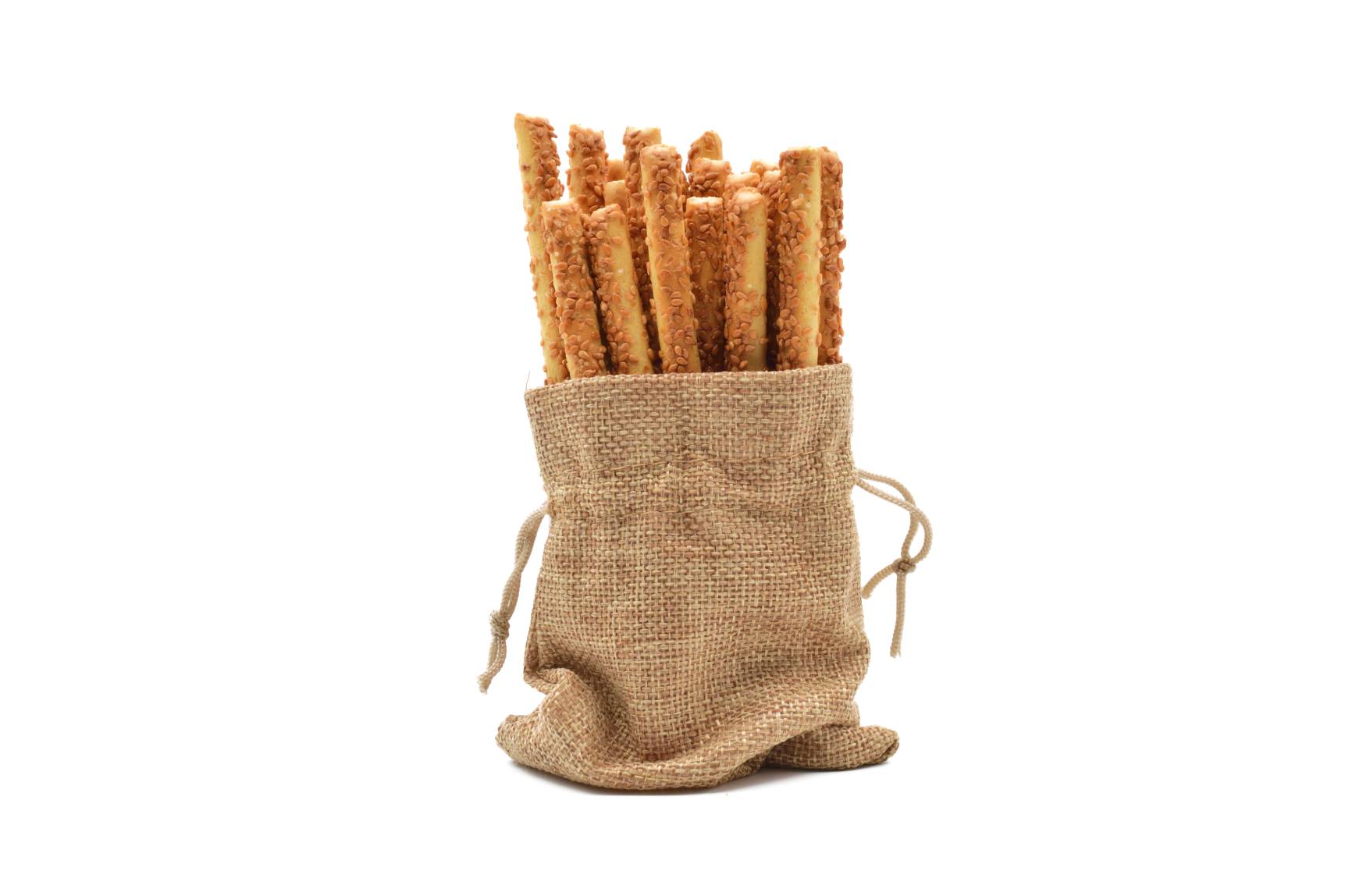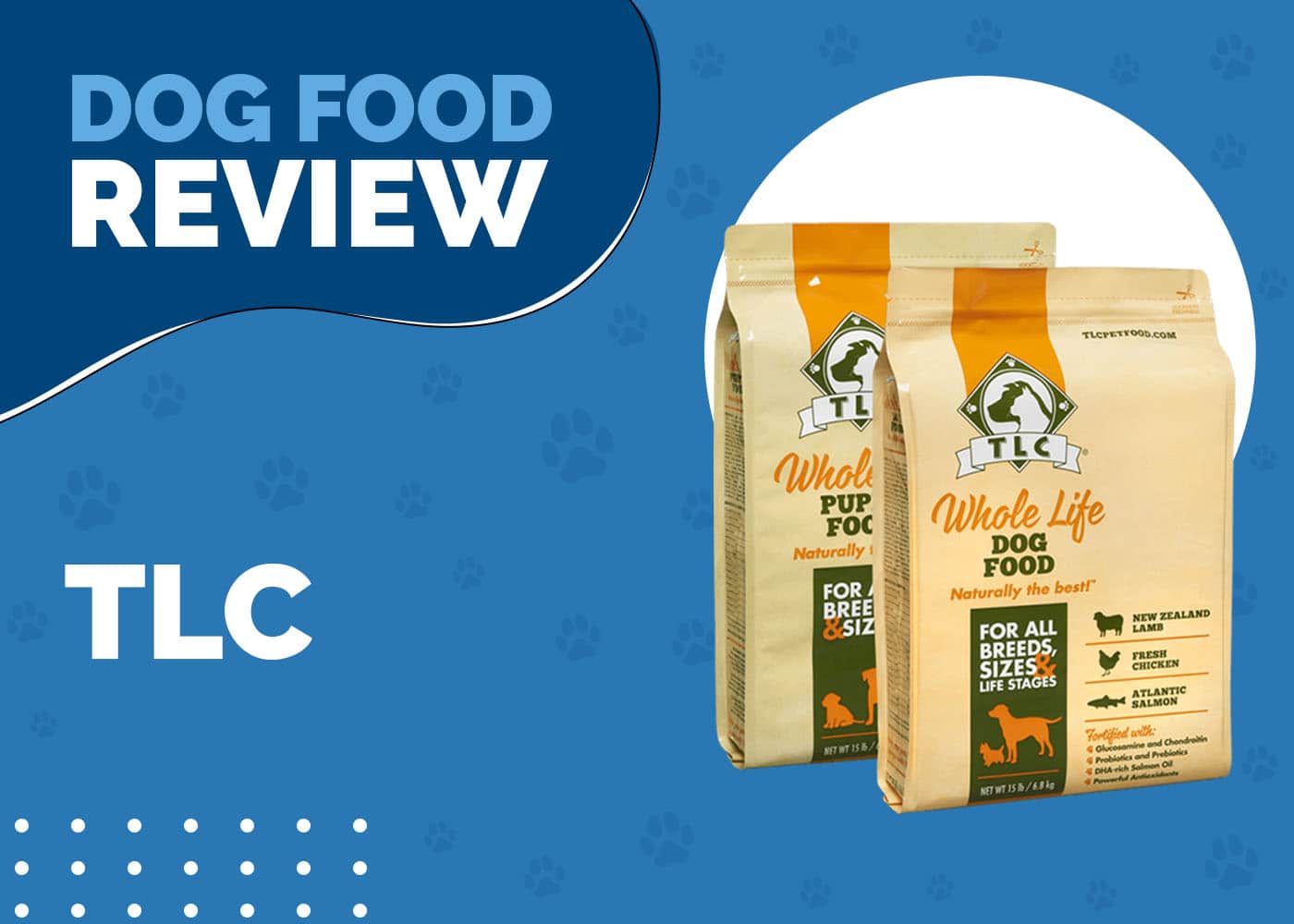Can Dogs Eat Sesame Sticks? How Healthy Is It?
Updated on

While enjoying a snack of sesame sticks, you may notice your dog giving you “puppy eyes” and begging for a taste of it, too. You could also be looking for a way to supplement your dog’s diet and swap out their treats for something healthier, which can lead to questions as to whether sesame sticks are safe for your dog.
The simple answer is that sesame sticks are safe for dogs as an occasional treat, but it is important to check the ingredient list first, as some ingredients in the sesame sticks can be harmful to your dog.
 Can I Give Sesame Sticks To My Dog?
Can I Give Sesame Sticks To My Dog?
You can give unseasoned sesame sticks to your dog to eat, as they are not toxic. However, you should be mindful of ingredients in the sesame sticks which can be bad for your dog or give them an upset stomach. Feeding your dog a large quantity of sesame sticks is not recommended, as it can potentially upset your dog’s stomach and be difficult to digest.
The sesame seeds themselves that are stuck into the sticks are safe for your dog, but certain ingredients such as garlic and salt which are often added to the stick to make it taste better for us humans should be avoided.
If you choose to give your dog sesame sticks, make sure that you watch them chew them properly, as the sticks can be a choking hazard, especially if they get stuck in your dog’s mouth. Avoid feeding your dog any sesame sticks that have excess salt, flavoring, or seasoning as these can be harmful to your dog.

Can Dogs Eat Sesame Seeds? How Healthy Are They?
Sesame seeds and oil are safe for your dog in moderation, and they contain a few nutrients that can be beneficial to your dog. Sesame seeds and sesame oil are rich in copper, calcium, and fiber, with copper being a great mineral for iron absorption.
Sesame seeds are also a natural source of vitamin E, which helps fight free radicals that cause cell and oxidative damage and can help with your dog’s skin health and immune system function. Being rich in fatty oils and linoleic acid makes sesame seeds (either in seed form or as an oil) a great supplement for your dog’s diet, and the nutrients from the seeds themselves contain all the health benefits.
When it comes to feeding your dog sesame sticks, the seeds will be the most beneficial part of this food, but the sticks themselves will contain protein, fats, and carbohydrates.
Unseasoned and plain sesame sticks are rich in micronutrients such as magnesium, calcium, iron, and potassium from the sesame seeds which make it a healthy snack for your dog in moderation.
Sesame Sticks vs Sesame Seeds – Which Is Better?
If you are looking to give your dogs a healthy supplement or snack, opting to add ground sesame seed powder or the oil form over your dog’s staple food will be more beneficial health-wise than feeding them sesame sticks.
It can be difficult to find sesame sticks that don’t contain any added ingredients such as seasoning, but sesame seeds and oils shouldn’t contain any additives, and you can easily turn the seeds into a powder that can be sprinkled over your dog’s food.
If you have a dog breed that is prone to obesity, you will need to speak with your dog’s veterinarian before introducing sesame sticks into their diet as they are high in fats and carbohydrates.
If feeding your dog sesame sticks as a supplement for the nutritional benefits, choosing sesame seeds or oils would be the better option. Otherwise, plain sesame sticks can be fed to your dog as an occasional treat.

Which Ingredients In Sesame Sticks Should You Avoid?
Sesame sticks are made for human consumption, so they will contain additives that can be potentially harmful to your dog but make them taste better for humans. Ingredients such as salt, pepper, and certain herbs like onions or garlic that are used to add flavor to the sesame sticks should be avoided, as some of these ingredients are toxic to dogs.
Added salt in sesame sticks has a very low benefit to your dog’s diet and can even be harmful. High levels of sodium in sesame sticks can lead to increased thirst and dehydration, and pose a risk for patients with heart disease.
Onion and garlic are toxic to dogs, as they are part of the allium family that contains thiosulfate.
When picking sesame sticks for your dog to eat, choose ones that are plain and unseasoned, and make sure that the ingredient label does not list any toxic or harmful ingredients that should not be fed to dogs.
It is also important to check that the sesame sticks are free from xylitol (an extremely toxic ingredient for dogs), or that it does not contain any ingredients that your dog is allergic to.
How Often Can Dogs Eat Sesame Sticks?
Sesame sticks should not form a large percentage of your dog’s diet, and they should instead be fed as a treat in moderation. The number of sesame sticks that your dog eats will depend on their weight and health status and it is best to seek advice from a veterinarian on how many sesame sticks your dog can eat.
If your dog is overweight, it is better to avoid feeding foods with sesame seeds altogether as the high-fat content can contribute to weight gain.
 Conclusion
Conclusion
You may give your dogs unseasoned and plain sesame sticks occasionally. Always check the ingredients list before feeding them to your dog to ensure that the sesame sticks do not contain ingredients that are harmful to your dog.
If you want to give your dog the benefits of sesame seeds, rather feed the seeds in a powder or oil form over your dog’s food than give them sesame sticks, as this will be the healthier (and safer) alternative.
Featured Image Credit: Maria Kovalets, Shutterstock

 Can I Give Sesame Sticks To My Dog?
Can I Give Sesame Sticks To My Dog?








